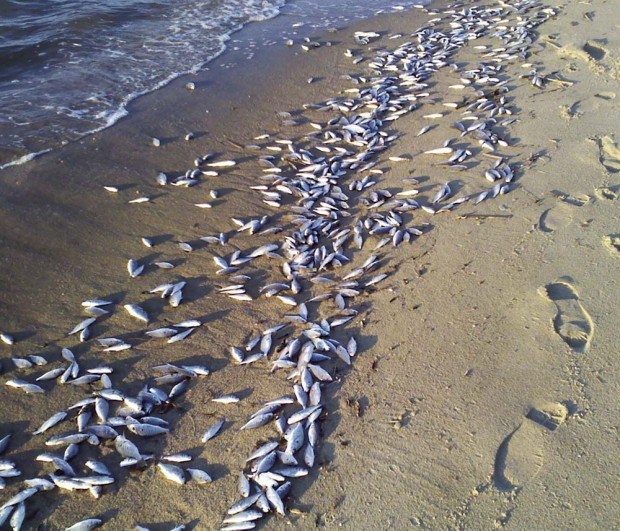If you are becoming increasingly concerned about the cost and quality of the fish you are serving to your family, you have good reasons to be worried. The nutritional quality of ocean fish and seafood is being seriously compromised due
If you are becoming increasingly concerned about the cost and quality of the fish you are serving to your family, you have good reasons to be worried.
The nutritional quality of ocean fish and seafood is being seriously compromised due to rampant pollution and many species are facing extinction due excessive fishing practices worldwide.
Additionally, the price of all food products, including fish, has increased dramatically in the past couple of years and predictions indicate that even more increases are on the way in the months ahead.
Despite these problems, fish still represent an important source of our daily nutritional requirements. So, how can you deal with these rising prices and declining quality?
One very practical solution is to begin raising your own fish right in your backyard. If this sounds a bit crazy, it might be reassuring for you to know that backyard aquaculture is becoming one of the most popular solutions to this problem throughout America. In fact, countries throughout the Pacific and Asia have been doing it for centuries.
Want to learn how to do it? Here’s how.
Kaua‘i Community College will be offering a training program in the “Fundamentals of Backyard Aquaculture” starting on Jan. 18. This 10-session program will be conducted on Tuesdays and Saturdays from 1:30 till 4:30 p.m. at the KCC Campus Garden. The introductory session and orientation will be conducted in the Trade Technology Bldg, Class Rm 114. To register call 245-8318 by this Friday. The tuition is $300 and registration is limited.
The program is designed to teach the basic principles and procedures needed to establish and maintain a productive home-based or neighborhood- based aquaculture system. These systems provide a continuous supply of fresh healthy fish and can also be designed to additionally produce variety of wholesome vegetables.
Because these systems are simple to build and easy to operate, they are becoming popular as small-scale sustainable intensive food production system that can be done in your backyard.
And perhaps one of the most appealing features of the program at KCC is that it is designed to provide graduates with ongoing technical support as needed to achieve optimal results.
These kinds of aquaculture systems have the potential to support the need for fish production worldwide. They are a promising solution to the problems caused by over fishing, coastal development and pollution. Fish farming has also been proven to be the central linkage between agriculture, animal husbandry, and water conservation.
The course offered at KCC provides the basic training necessary to implement and manage a micro-scale fish production system integrated with an herb garden as an efficient and sustainable method to provide food.
It can also generate income as a small business opportunity adaptable to most communities.
Bernie Tsao, the principal instructor and program manager, earned a bachelor’s degree in aquatic biology at the University of California, Santa Barbara, and completed a program of studies in mechanical design and engineering at Santa Barbara Community College.
He launched the Aquaculture Technology Training program at University of the Nations-Kona, Hawai‘i, and served as director of the program for 11 years since 1990.
He currently teaches part-time in the Food & Agriculture Career program at Kaua‘i Community College and provides consulting on the development of aquaculture and aquaponic systems.
For more information, contact Tsao at 647-0640 or via e-mail at Bernie.tsao@gmail.com. To register call Kaua‘i Community College, the OCET Office, at 245-8318.
• Glenn Hontz, Kaua‘i Community College program director, can be reached at 246-4859 or via e-mail at hontz@hawaii.edu.


